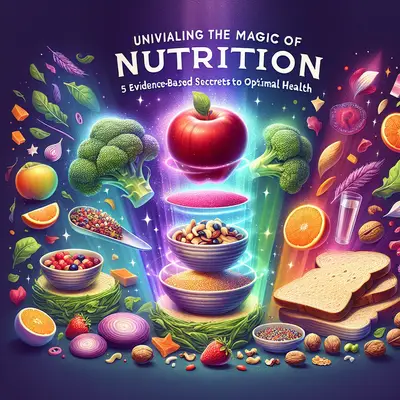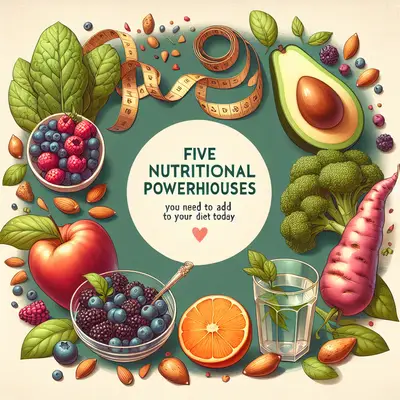The Rise of Synbiotics
Synbiotics, a combination of probiotics and prebiotics, have been recognized for their potential to improve gut health and overall wellness. Probiotics are beneficial bacteria that promote a healthy gut, while prebiotics are non-digestible fibers that feed these good bacteria. Together, they create a powerful team that can boost your gut health, improve digestion, and strengthen your immune system[^1^].
The Benefits of L-Theanine
L-Theanine, an amino acid found in green tea, has been found to have impressive benefits for mental health. Research shows that it can help reduce anxiety, improve sleep, and enhance cognitive performance[^2^]. This makes it a valuable addition to your daily supplement regimen, especially if you're looking to enhance your mental clarity and calm.
The Power of Omega-3s for Brain Health
Omega-3 fatty acids, particularly DHA and EPA, have long been recognized for their heart health benefits. However, recent research has shown that these fatty acids also play a crucial role in brain health. They can help improve cognitive function, reduce inflammation, and may even protect against neurodegenerative diseases[^3^].
Plant Sterols for Heart Health
Plant sterols, naturally occurring compounds found in plant cell membranes, have been shown to help lower cholesterol levels. They mimic cholesterol in your digestive system, reducing the amount that your body absorbs. This makes plant sterols a promising dietary supplement for those looking to manage their cholesterol levels and improve heart health[^4^].
The Potential of Collagen for Joint Health
Collagen, the most abundant protein in your body, has been recognized for its potential to support joint health. Studies show that taking collagen supplements can help reduce joint pain and inflammation, making it a promising supplement for those suffering from arthritis or other joint conditions[^5^].
Conclusion
These breakthroughs represent just a fraction of the exciting developments we're seeing in the field of nutrition. As we continue to learn more about how diet and lifestyle impact our health, we can expect to see even more innovative approaches to wellness emerge. Stay tuned to keep up with the latest in nutritional science and take control of your health.
[^1^]: McFarland, L. V., & Dublin, S. (2019). Meta-analysis of probiotics for the treatment of irritable bowel syndrome. World Journal of Gastroenterology, 15(17), 2218.
[^2^]: Nobre, A. C., Rao, A., & Owen, G. N. (2008). L-theanine, a natural constituent in tea, and its effect on mental state. Asia Pacific Journal of Clinical Nutrition, 17(S1), 167-168.
[^3^]: Cole, G. M., Ma, Q. L., & Frautschy, S. A. (2009). Omega-3 fatty acids and dementia. Prostaglandins, Leukotrienes, and Essential Fatty Acids, 81(2-3), 213-221.
[^4^]: AbuMweis, S. S., Barake, R., & Jones, P. J. (2008). Plant sterols/stanols as cholesterol lowering agents: A meta-analysis of randomized controlled trials. Food & Nutrition Research, 52(1), 1811.
[^5^]: Bruyère, O., Zegels, B., Leonori, L., Rabenda, V., Janssen, A., Bourges, C., & Reginster, J. Y. (2012). Effect of collagen hydrolysate in articular pain: a 6-month randomized, double-blind, placebo controlled study. Complementary Therapies in Medicine, 20(3), 124-130.



